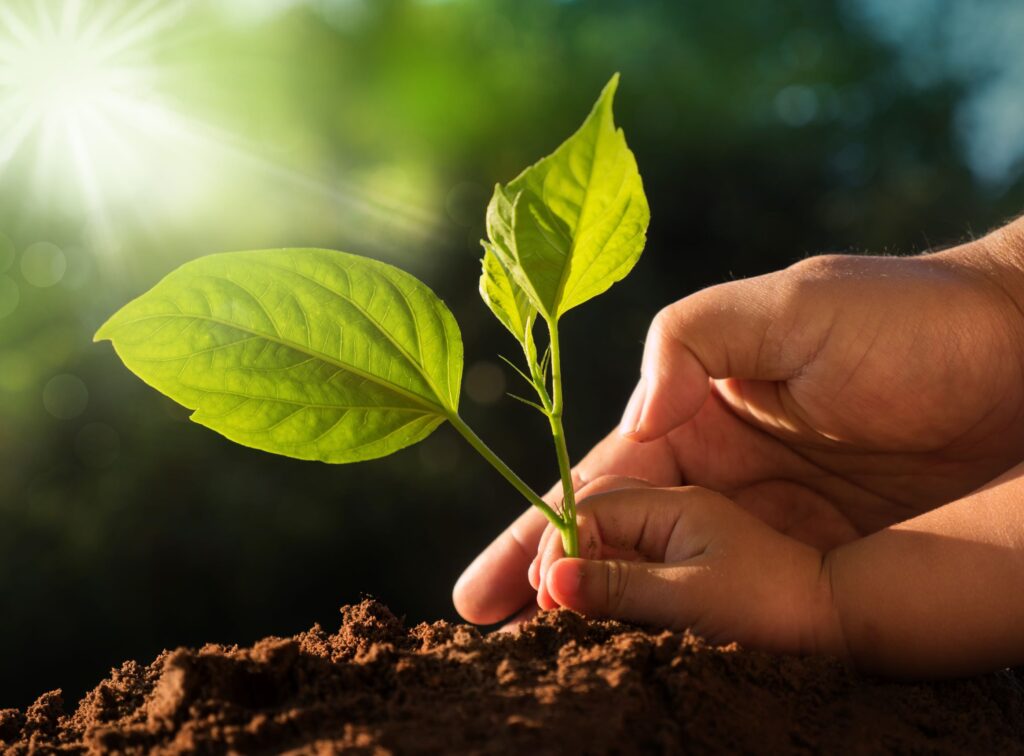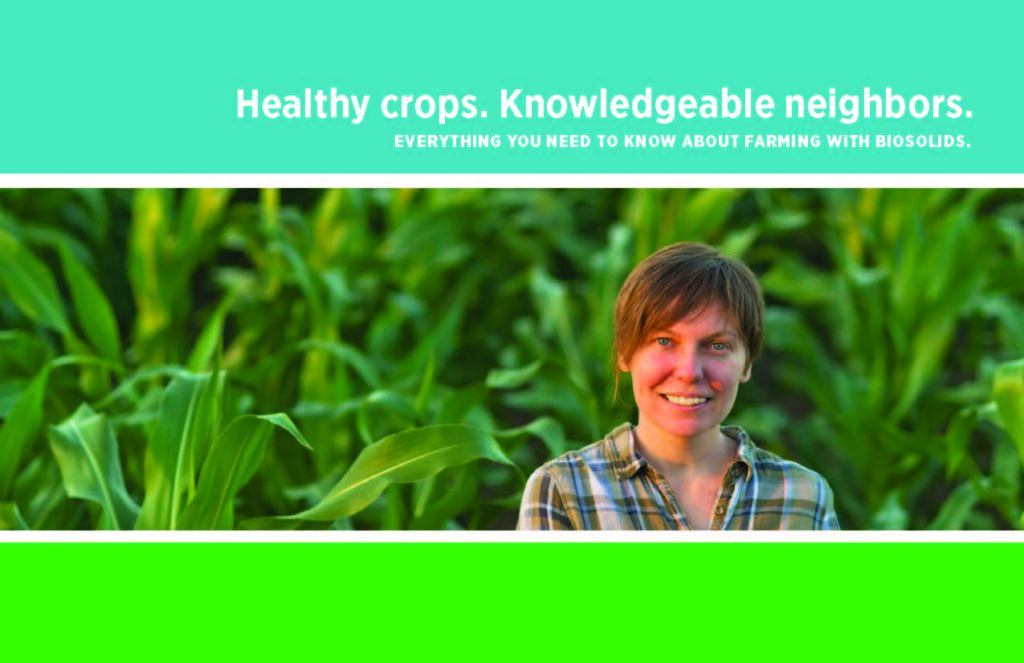Fate & Transport of PFAS from land applied biosolids
SVAREC Project Overview A comprehensive research project to evaluate the fate and transport of PFAS from land applied biosolids is underway at Virginia Tech University’s Shenandoah Valley Agricultural Research and Education Center (SVAREC) in Raphine, VA. A portion of the SVAREC farm has been permitted by VA DEQ for the purpose of conducting research of […]

